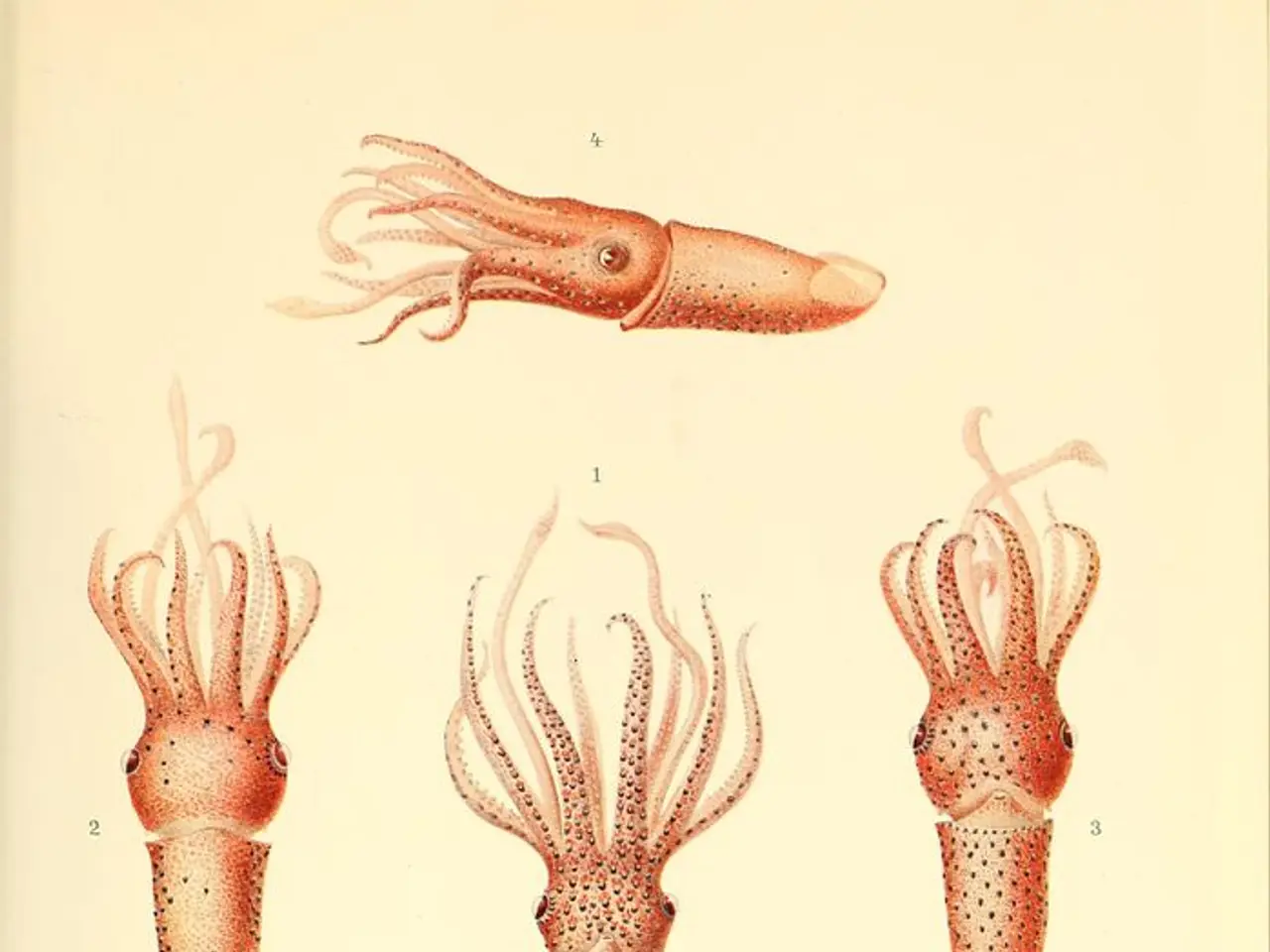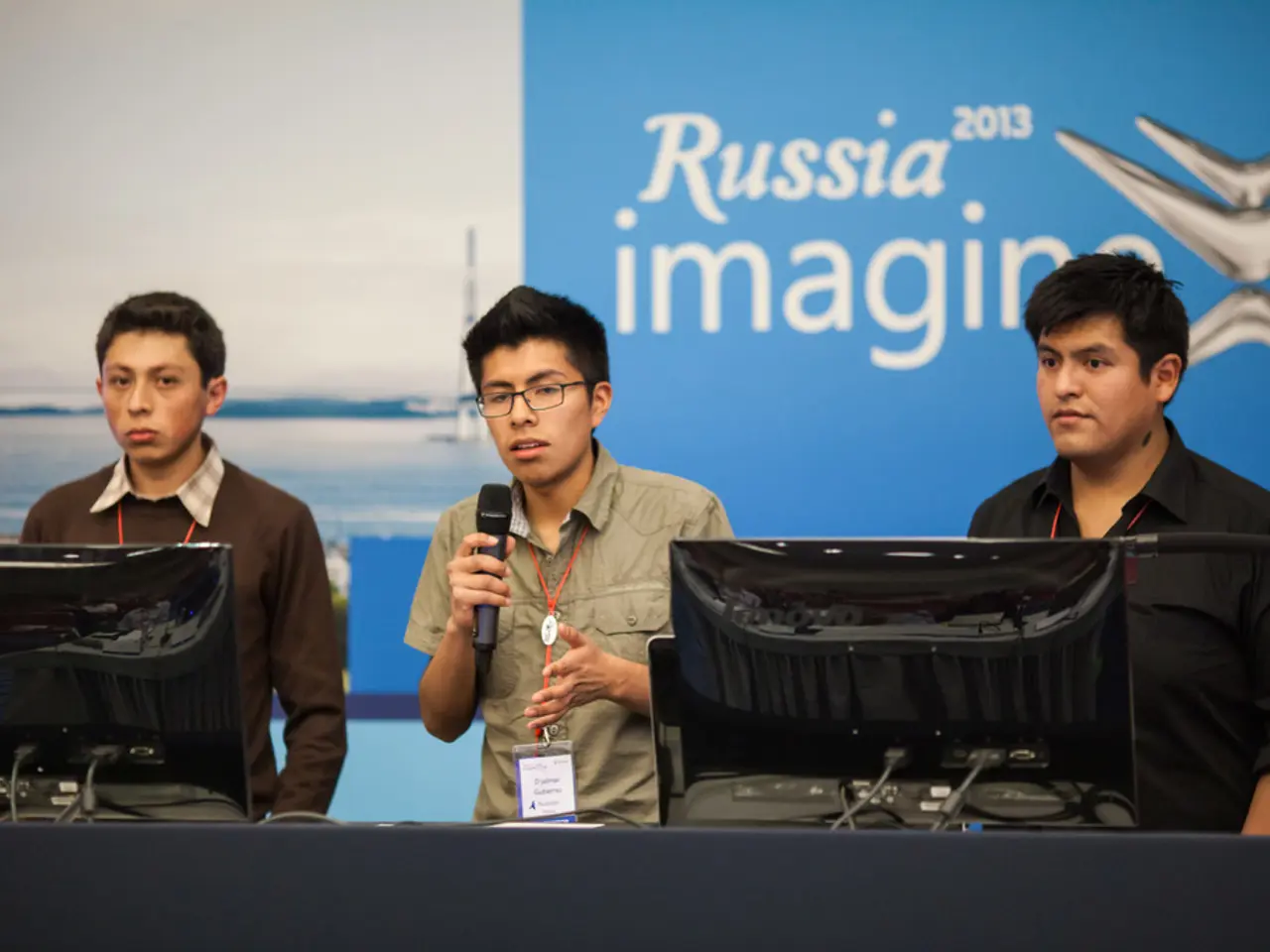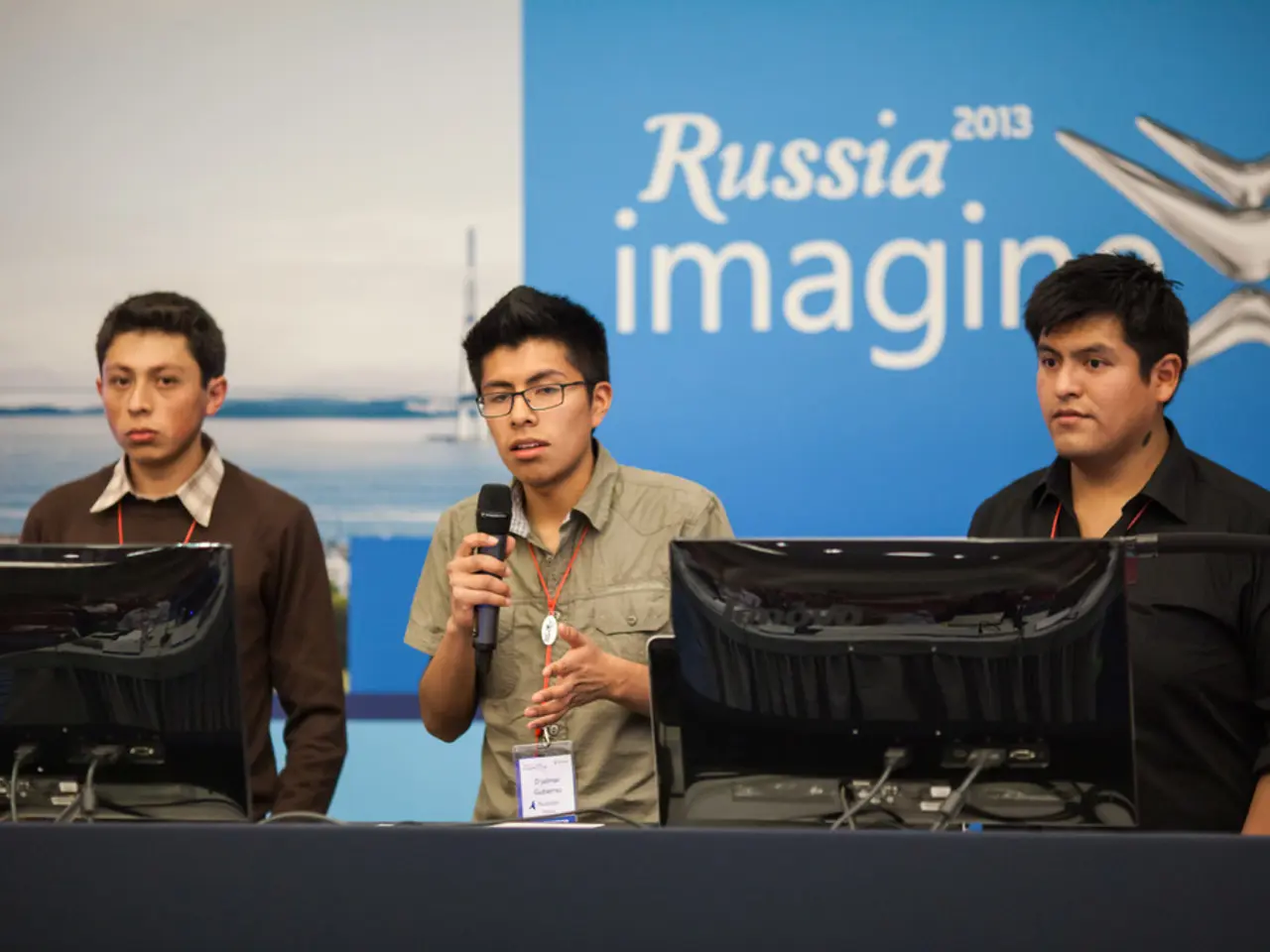Intel chief Tan resists calls for his departure from office
In the tech industry, Intel CEO Lip-Bu Tan's tenure has been marked by controversy, as questions about his extensive past investments and business connections to Chinese technology firms have raised significant national security concerns.
Born in Malaysia and educated in Singapore, Tan founded Walden International, a venture capital firm that invested heavily in over 600 Chinese startups, including Semiconductor Manufacturing International Corporation (SMIC), China’s largest chip maker with partial state ownership. Several companies backed by Tan’s VC firm are reportedly blacklisted by the U.S. Commerce Department due to ties with the Chinese military and involvement in abuses.
U.S. Senator Tom Cotton sent a letter to Intel's board questioning whether Tan sufficiently divested from companies linked to the People's Liberation Army before becoming Intel’s CEO, given Intel's critical role in U.S. defense supply chains and a $3 billion contract with the Department of Defense. Cotton further examined Tan's leadership of Cadence Design Systems, which pled guilty and paid over $140 million for illegally selling chip design tools to a Chinese military university involved in nuclear simulations during Tan’s tenure.
President Donald Trump publicly called for Tan’s immediate resignation, labeling his ties to China as "highly conflicted," though this demand was later softened after Tan met with the White House to discuss national security commitments and cooperation. Despite divestiture claims, Chinese databases reportedly still list many companies of interest as active holdings under Tan’s influence, deepening compliance and security concerns.
Intel CEO Lip-Bu Tan has rejected the resignation demand and is under intense scrutiny for how his past Chinese investments may impact Intel’s participation in federally sensitive semiconductor initiatives and the security of American technology. Tan has always adhered to the highest legal and ethical standards in his past activities and is working with the government to clarify the issues raised about his past work.
Tan has only been leading Intel since mid-March and is attempting to mitigate the impact of the situation. He has the full support of the Intel's board and is implementing a strict austerity course at the company. In his letter to employees, Tan stated his commitment to promoting the U.S.'s national and economic security.
This controversy highlights the tensions between global business ties and U.S. national security priorities amid growing geopolitical competition in semiconductor technology. Tan has built relationships around the world and in diverse ecosystems over more than 40 years in the industry. He recently reached out to the White House to clarify "misinformation" about his past work.
No new information about Tan's plans or changes at Intel is provided at this time. Pat Gelsinger, who aimed to get Intel back on track with multi-billion dollar factory expansions, previously held the CEO position.
- The ongoing controversy surrounding Intel CEO Lip-Bu Tan's tenure, stemming from his past investments and business connections to Chinese technology firms, has led to intense scrutiny about his policy-and-legislation involvement and its potential impact on Intel's participation in federally sensitive semiconductor initiatives and the security of American technology.
- The politics of Tan's leadership at Intel, from national security concerns to his past investments in Chinese firms, such as China's largest chip maker SMIC, has become intertwined with the general-news of the growing geopolitical competition in semiconductor technology, raising questions about the balance between global business ties and U.S. national security priorities.








